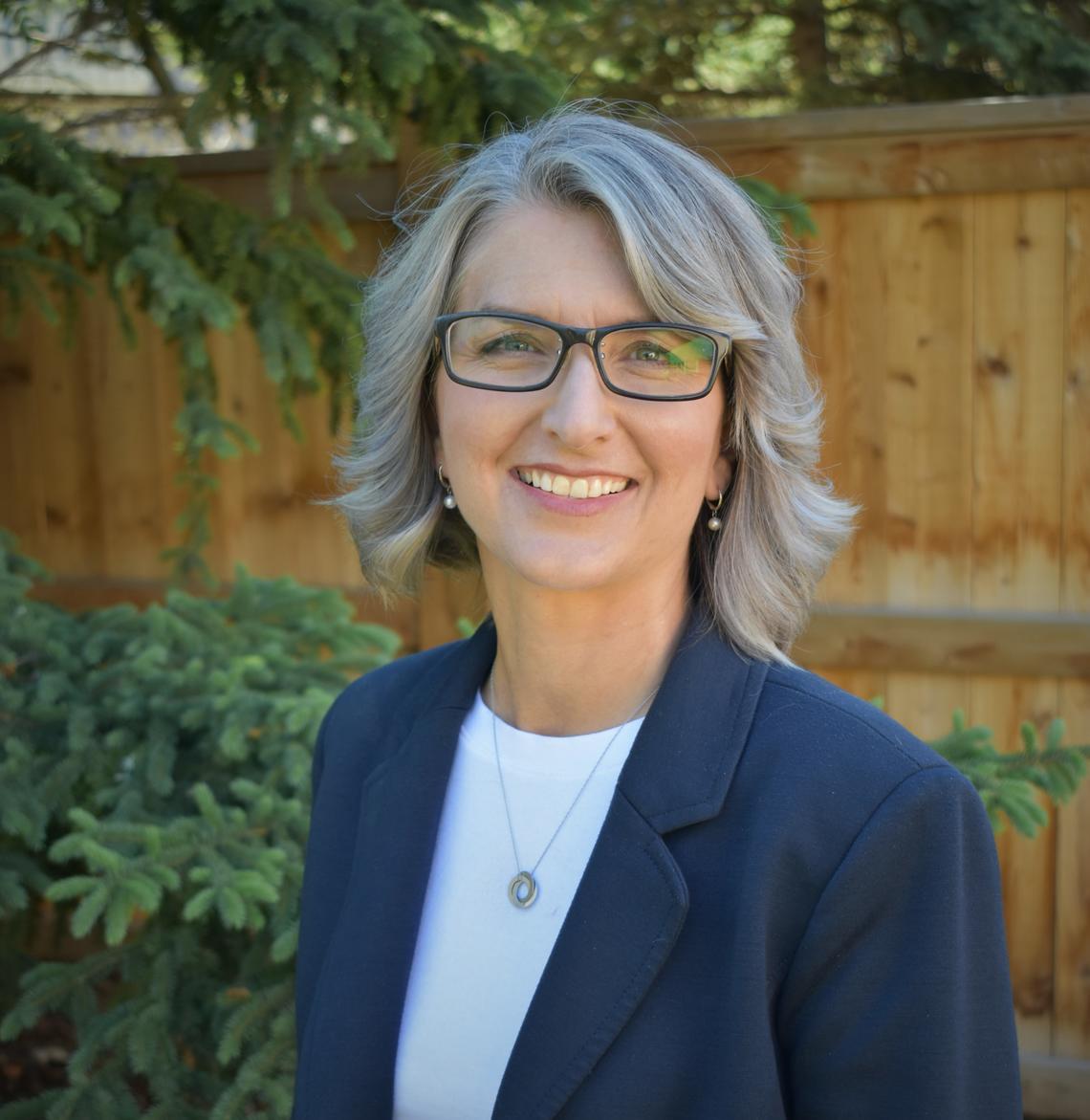
Aug. 16, 2021
Academic Staff Certificate in University Teaching and Learning geared toward evidence-based teaching expertise
We know that collaboration enhances learning, but what role does it play in teaching?
The importance of community underlines the Academic Staff Certificate in University Teaching and Learning, a program available through the Taylor Institute for Teaching and Learning. Focused on sessions geared toward developing evidence-based teaching expertise, this program allows its participants to collaborate and engage with faculty across campus.
For Lisa Silver, associate professor in the Faculty of Law, this is one of the certificate’s most valuable offerings. “Often, the work done both before entering the classroom and while in the classroom is done alone,” she says. “This course assured me that I was not alone. In fact, it taught me the importance of educational community, which is found across campus and across disciplines.”
She adds, “Many of the people I met in this certificate course have become long-term friends and collaborators. This course is not just a place to learn and meet people but is a space to grow as an educator while collaborating with like-minded individuals. I learned that from whatever discipline we come, we share many of the same experiences as instructors.”
Dr. Fabiola Aparicio-Ting, PhD, senior instructor in the Department of Community Health Sciences, echoes this sentiment. “The most valuable part of this program is the opportunity to learn with and from others who are passionate about teaching from across campus,” she says.
“The sharing of ideas, different approaches, and debates enriched my learning and reflections far more strongly than any one particular session or reading,” she continues. “Learning about pedagogical approaches and teaching strategies used by other disciplines has given me ideas of how I can refresh my own teaching practice. Most importantly, I now have friends and colleagues across campus with whom I can discuss teaching and learning, and a group who can support each other.”

Dr. Kim Grant, PhD, Educational Development Consultant
Four courses offered in the certificate program
Dr. Kim Grant, PhD, program lead for the Academic Staff Certificate, says the Taylor Institute developed the program in response to numerous requests from academic staff.
“The main aim of the Academic Staff Certificate is to enhance the skills and confidence of academic staff members as they continue to support excellent student learning experiences at the University of Calgary,” she says. “Post-secondary teaching and learning are complex, and, in the words of the Academic Plan, we want to ‘encourage pedagogical innovation and evidence-based teaching practices’ for all academic staff members.”
The certificate carries out this focus on innovation and evidence-based practice through four connected courses:
- Teaching and Learning Practices, Theories and Assessments (required)
- Inquiry and Scholarship in Teaching and Learning
- Educational Leadership and Mentorship
- A new course on Blended and Online Learning.
To earn a certificate, participants must take Teaching and Learning Practices, Theories and Assessment and one elective from the other three options.
Silver went above and beyond the certificate requirements to complete all three of the original courses. She looks back on the experience fondly, observing the many professional benefits it has afforded.
“The courses are a safe place to experiment, voice differing perspectives, and innovate. The classes are well-organized and thought-provoking,” she says. “I have implemented many of the strategies into my courses. I successfully implemented an educational leadership initiative in my faculty as a result of this program, which allowed me to share my experiences and learnings with my colleagues. If there were a part two of this certificate program, I would sign up without hesitation!”

Alysia Wright, Educational Development Consultant (Online and Blended Learning)
Advancing Online and Blended Learning
This fall, the Taylor Institute will launch its new course on Blended and Online Learning, facilitated by Alysia Wright, Educational Development Consultant (Online and Blended Learning). The course serves as a new elective option for the Academic Staff Certificate program. Delivered in three modules, it covers an array of topics related to online and blended teaching and learning, including course design, learning technologies, and inclusivity and diversity. The course begins with three anchor sessions: Decolonizing Online Learning Spaces, Fostering an Equity Lens in Online Education, and Leveraging Experiential Learning Principles in Online Course Design.
“The University of Calgary is committed to delivering high-quality blended and online learning opportunities that support meaningful student learning experiences campus-wide, and this course is an important component of ensuring academic staff have the tools and supports to achieve that,” says Wright.
“This course was developed based on recommendations that came out of UCalgary community consultations with academic staff and senior leadership, specifically the need for curated and dedicated resources and supports for blended and online learning across campus,” she explains. “As an initiative of the Advancing Blended and Online Learning project, funded by the Flanagan Foundation, this new professional development opportunity provides academic staff with an advanced course in which they can explore the nuances of blended and online learning, engage with diverse course design strategies and technologies, and expand upon their existing expertise to transform the way that they deliver blended and online learning experiences.”
Learn more about the Academic Staff Certificate and register for fall 2021 courses by Sept. 3, 2021.
About the Taylor Institute for Teaching and Learning
The Taylor Institute for Teaching and Learning is dedicated to better understanding and improving student learning at the University of Calgary. Its mission is to strengthen teaching and learning communities, cultures and practices to create extraordinary learning experiences. Every year, the Taylor Institute publishes a detailed community report to share and measure their progress towards key priorities. Learn more about the 2020 Taylor Institute Community Report.




